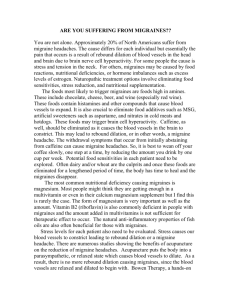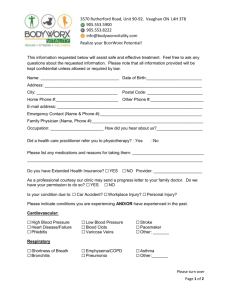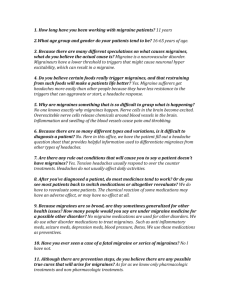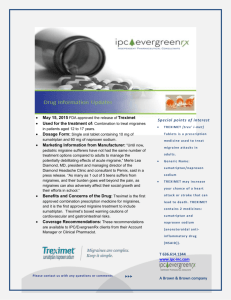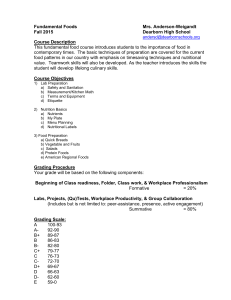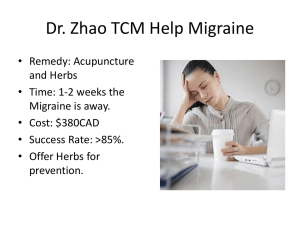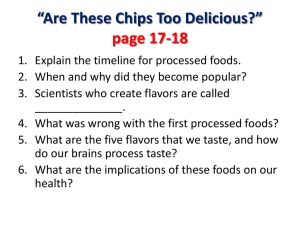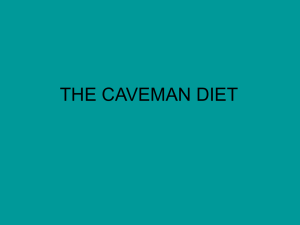The Link Between Diet and Migraine Headaches
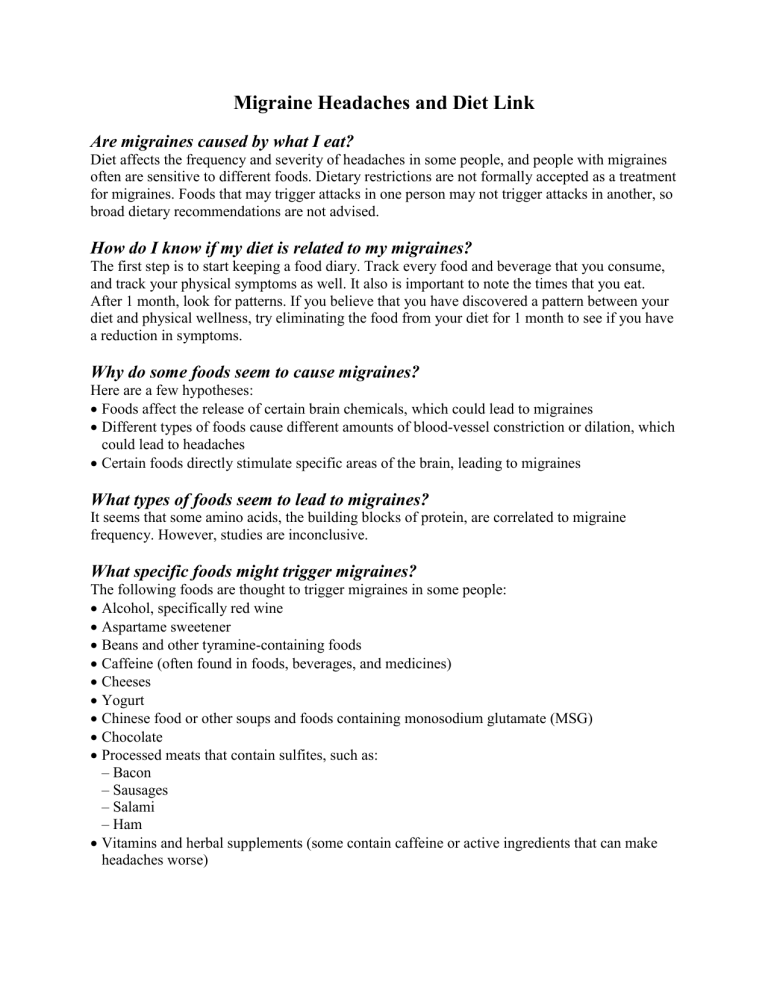
Migraine Headaches and Diet Link
Are migraines caused by what I eat?
Diet affects the frequency and severity of headaches in some people, and people with migraines often are sensitive to different foods. Dietary restrictions are not formally accepted as a treatment for migraines. Foods that may trigger attacks in one person may not trigger attacks in another, so broad dietary recommendations are not advised.
How do I know if my diet is related to my migraines?
The first step is to start keeping a food diary. Track every food and beverage that you consume, and track your physical symptoms as well. It also is important to note the times that you eat.
After 1 month, look for patterns. If you believe that you have discovered a pattern between your diet and physical wellness, try eliminating the food from your diet for 1 month to see if you have a reduction in symptoms.
Why do some foods seem to cause migraines?
Here are a few hypotheses:
Foods affect the release of certain brain chemicals, which could lead to migraines
Different types of foods cause different amounts of blood-vessel constriction or dilation, which could lead to headaches
Certain foods directly stimulate specific areas of the brain, leading to migraines
What types of foods seem to lead to migraines?
It seems that some amino acids, the building blocks of protein, are correlated to migraine frequency. However, studies are inconclusive.
What specific foods might trigger migraines?
The following foods are thought to trigger migraines in some people:
Alcohol, specifically red wine
Aspartame sweetener
Beans and other tyramine-containing foods
Caffeine (often found in foods, beverages, and medicines)
Cheeses
Yogurt
Chinese food or other soups and foods containing monosodium glutamate (MSG)
Chocolate
Processed meats that contain sulfites, such as:
–
Bacon
– Sausages
–
Salami
–
Ham
Vitamins and herbal supplements (some contain caffeine or active ingredients that can make headaches worse)
How can I tell if a food is a trigger for my migraine?
If you are sensitive to a food, eating it should trigger a headache within 12 to at most 24 hours.
Limit the food of concern for 4 weeks and monitor your headache frequency, severity, and response to treatment using a headache diary. If you do not have any change in your headaches, then that food alone is probably not the trigger. Do not restrict all possible trigger foods from your diet for an extended period of time. This most likely will not help, and too much concern about avoiding foods may cause yet another stress, as well as decrease your enjoyment of mealtimes.
Should I consider any other dietary changes?
Dehydration may trigger migraines in some people. If a headache occurs, it may help to maintain regular fluid intake and rehydrate.
Low blood sugar may cause migraine headaches, so it is important to eat every 3–4 hours. Focus on fresh foods and avoid processed foods as much as possible, which can help limit exposure to
MSG, sulfites, and other potential triggers. Different food manufacturers use different ingredients in the same food products, which explains why one brand of chocolate may lead to a migraine, while another may not.
References and recommended readings
Diamond ML, Marcus DA. Controversies in headache medicine: migraine prevention diets.
Available at: http://www.achenet.org/education/ControversiesinHeadacheMedicineMigrainePreventionDiets.a
sp . Accessed May 25, 2011.
Mahan LK, Escott-Stump S, Raymond JL.
Krause’s Food and the Nutrition Care Process.
13th ed. St Louis, MO: Elsevier Saunders; 2012:949-950.
Review Date 10/11
G-0503
